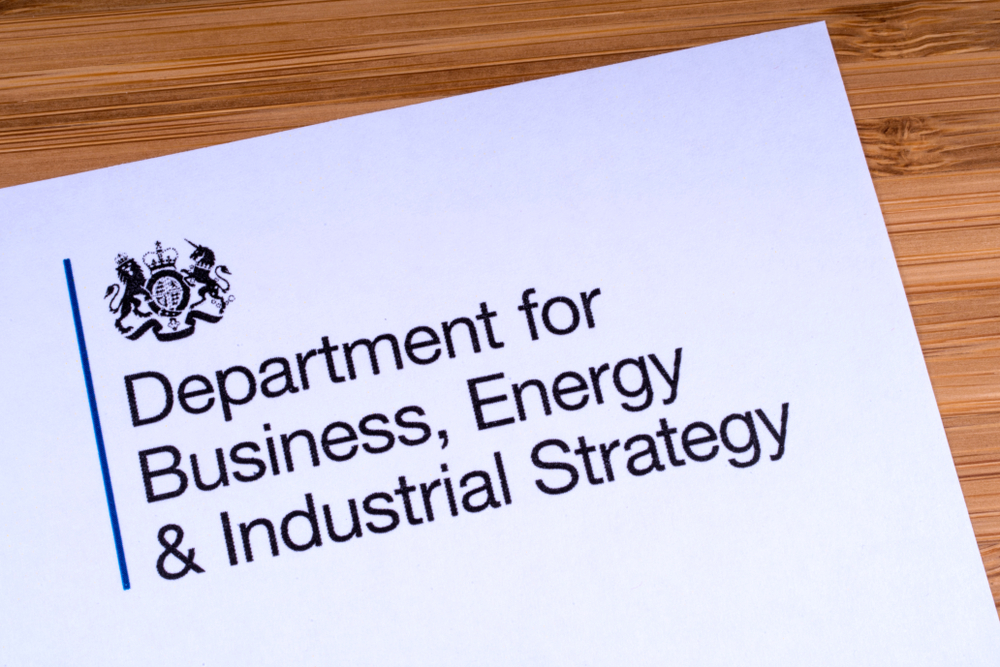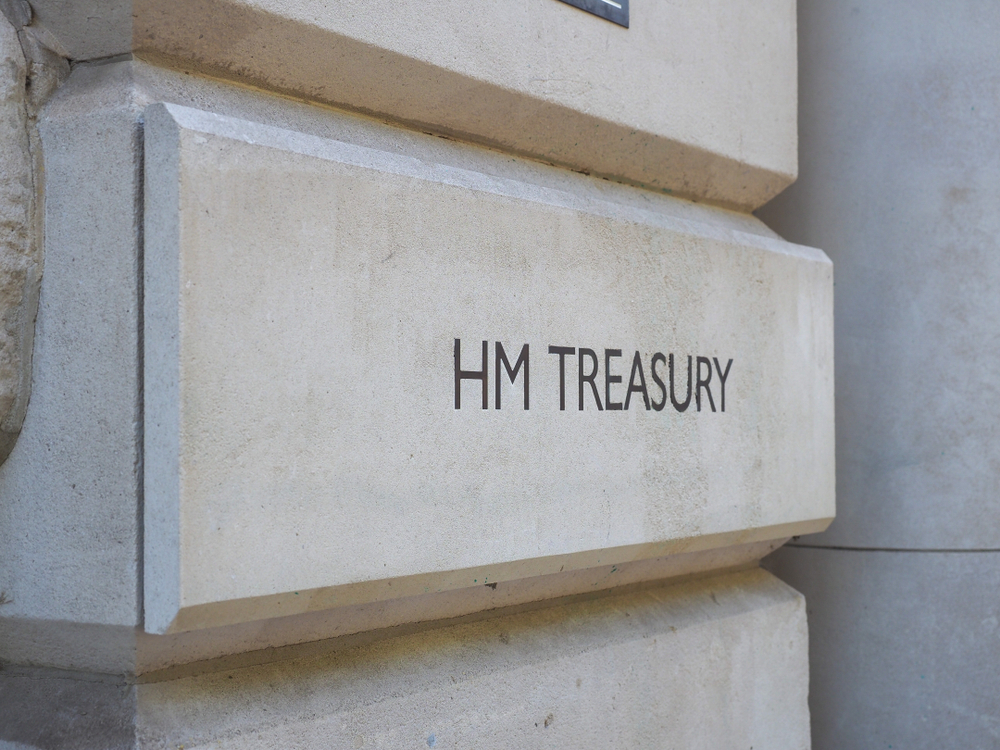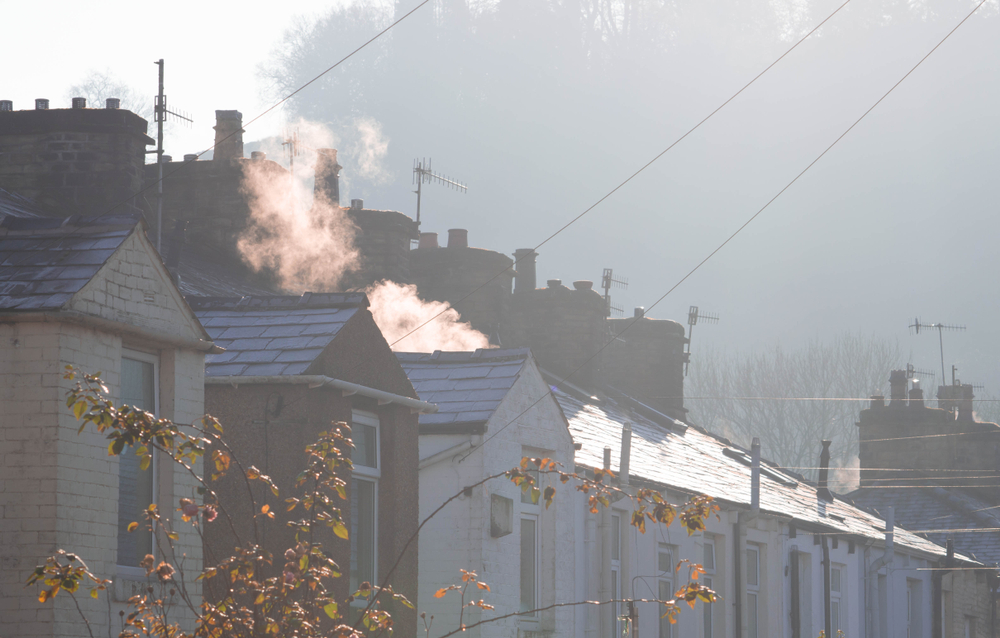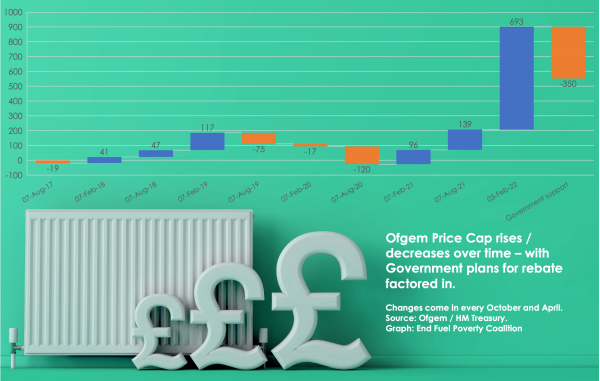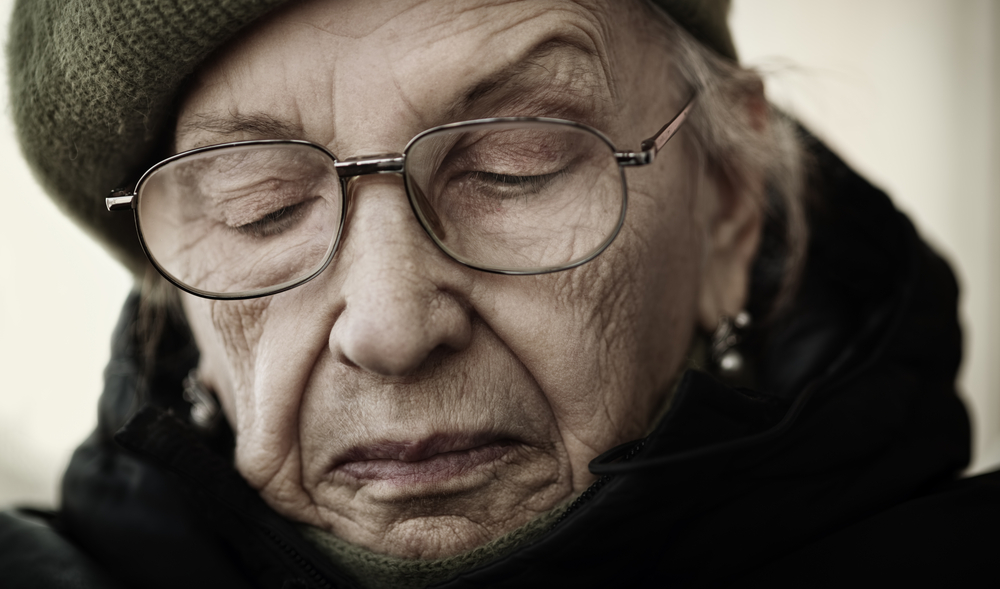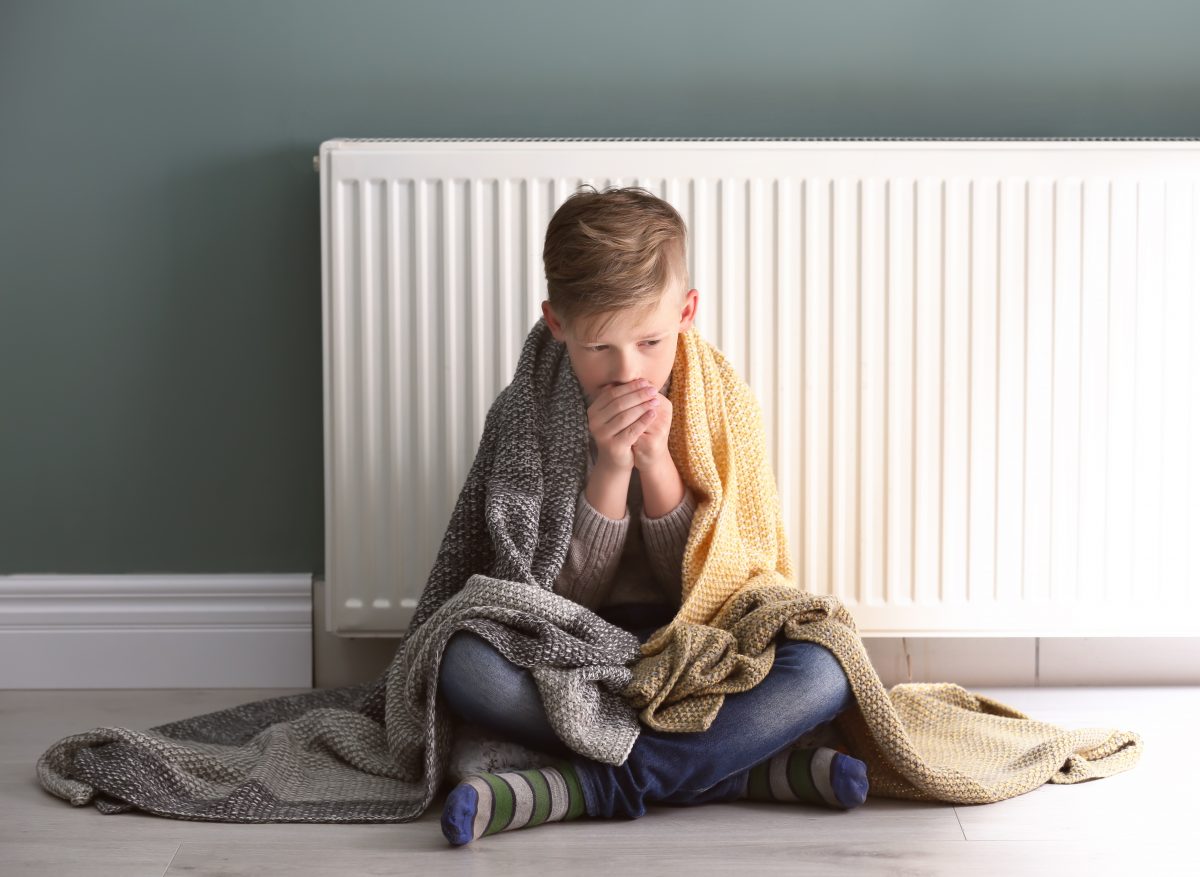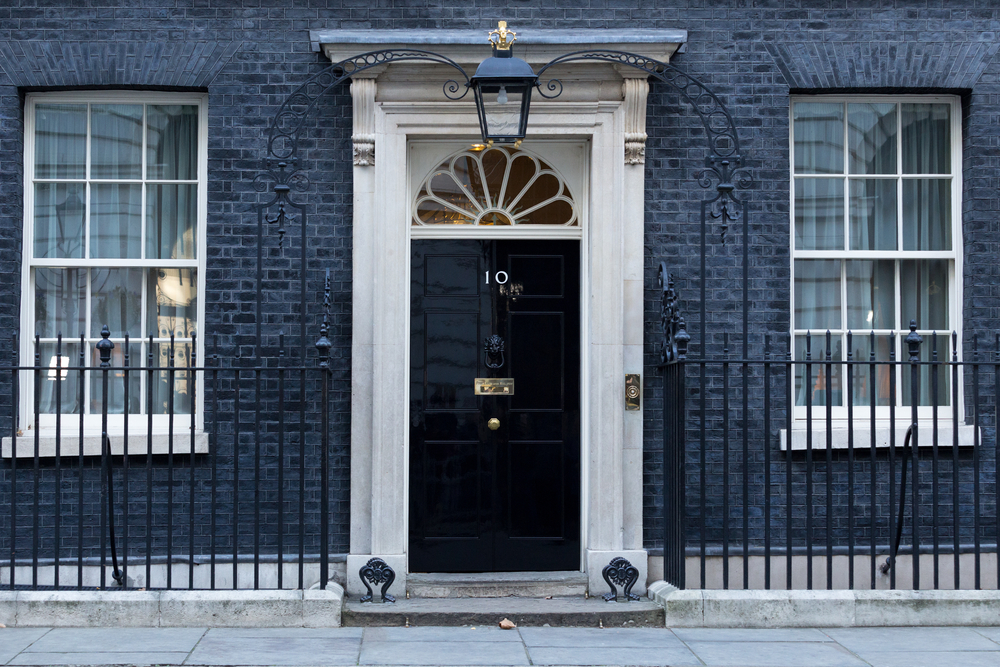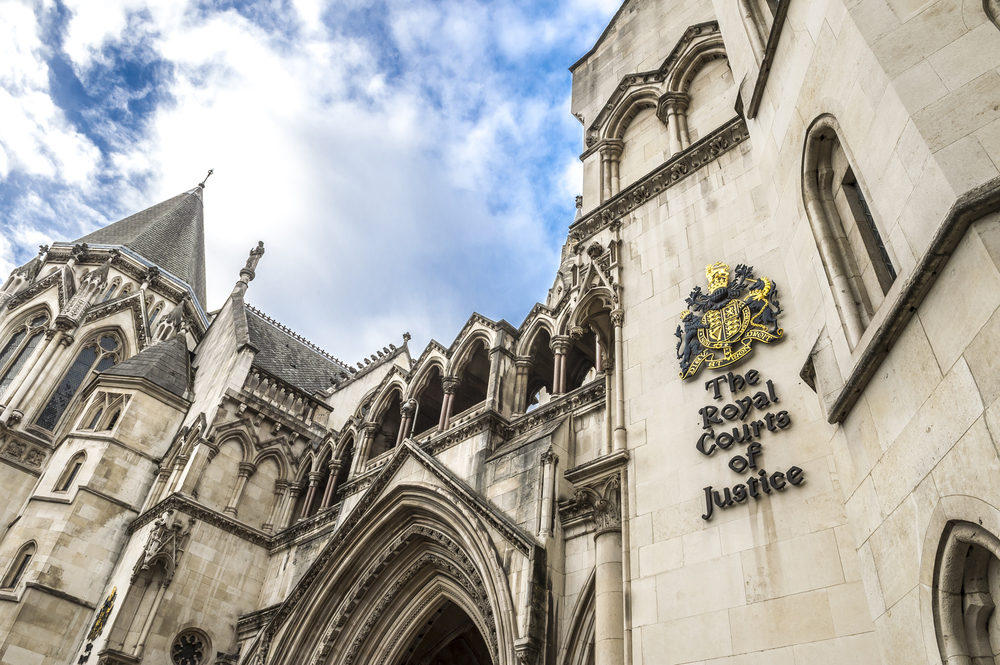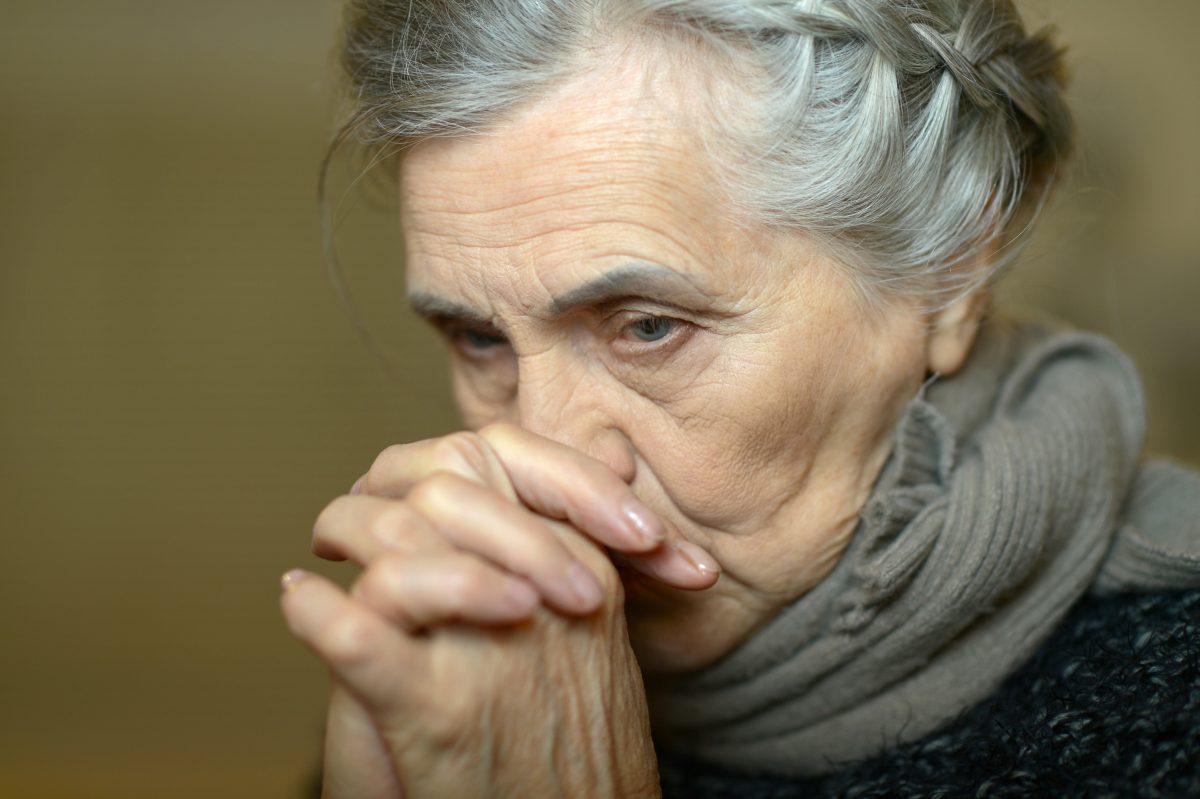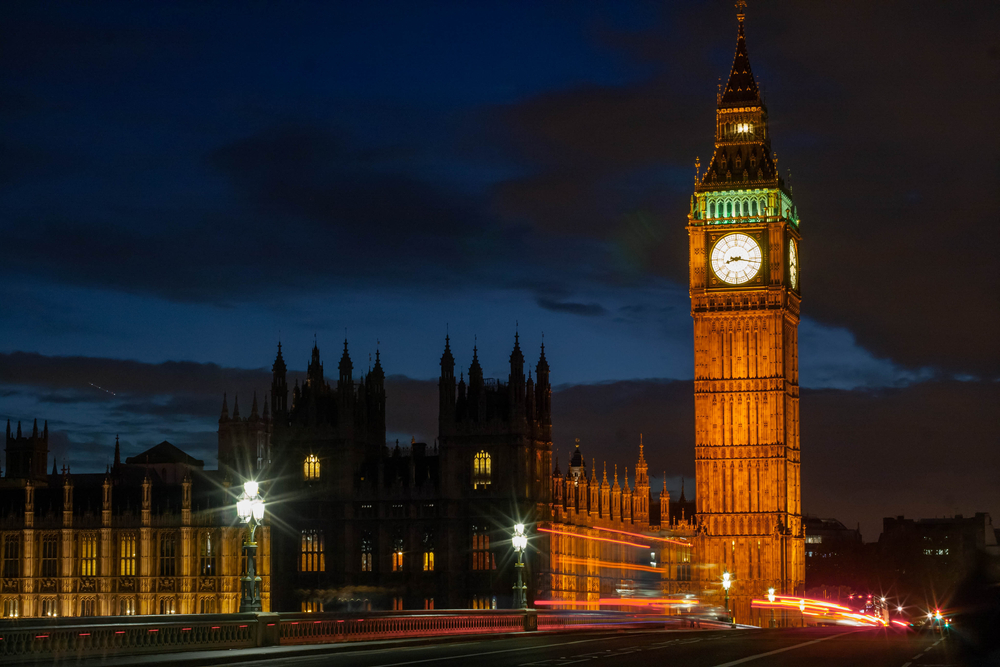An alliance of 27 major charities have today written to the Prime Minister and Chancellor, calling for urgent action to tackle the energy bill crisis, including boosting insulation funding.
The charities, which include Save the Children, Age UK, WWF, Green Alliance, Faith for the Climate, Tearfund and Greenpeace, are calling for emergency funding to support the most vulnerable and for insulation and clean energy funding to be increased to help wean the UK off expensive gas.
Without urgent government action the energy price cap could be increased by £600 in April, driven by the surging price of gas on the international markets, taking an average energy bill to around £2000.
The charities estimate that fuel poverty could increase by 50%, from 4 to 6 million households across the UK. There are fears this will lead to households choosing between heating and eating, an increase in the number of people dying in cold homes and a greater burden on the NHS, when it is already under great strain.
The charities remind the Prime Minister that a cut in support for making homes energy efficient after the last surge in energy bills in 2013 left households far more vulnerable to surging gas prices.
As a result of the Energy Company Obligation levy being cut in half and the Warm Front programme for the fuel poor being abolished, millions of British homes have not been insulated. The cuts led to a 90% cut in loft and cavity wall insulation measures and half of those in the insulation industry lost their jobs. The charities warn that insulation rates have still not recovered and the same mistake must not be made today.
Juliet Phillips of the climate change think tank E3G said:
The Energy Company Obligation is the biggest programme the government has to insulate the homes of the fuel poor. Any damage to this levy would make these households more dependent upon gas, entrenching the crisis further.
Improving the efficiency of the worst performing UK homes could provide bill savings of over £500 every year per household upgraded, an aggregate saving of around £8bn
Investing in UK green energy and technologies like heat pumps would also help end the UK’s reliance on fossil gas. Renewables have helped to keep electricity prices from soaring as much as gas prices, as cheaper wind and solar cushion the increased expense of using gas to generate electricity.
The charities are also calling for emergency support for the most vulnerable, funded in part by a windfall tax on the fossil fuel industry, who are due to make profits up to ten times higher this financial year due to the surge in wholesale prices.
They are recommending expanding the Warm Homes Discount to ensure the majority of the expected rise in energy bills is covered for the most vulnerable households, for example those on universal credit and providing a one-off payment to those eligible for Cold Weather Payments.
The charities are also joining calls for legacy costs for renewables to be moved off power bills, to be paid for by the Exchequer instead, whilst leaving the Energy Company Obligation on the energy bill as a critical levy to help the fuel poor. They calculate that this would save households an additional £100 a year.
The charities also want the Government to fulfil its manifesto commitment to spend £6 billion on making homes more energy efficient. There is a £2 billion black hole in the funding committed after the Spending Review which they say must be filled, most of which was meant to go to the fuel poor.
Two thirds of households having no access in the UK to any insulation grant scheme. The charities want a new insulation grant programme set up to replace the failed Green Homes Grant which anyone can access.
The charities also call on the Government to ramp up the heat pump grant programme due to launch in April with ten times more funding, boosting it from £400m to a £4 billion programme, to accelerate the transition away from fossil fuel boilers.
William Baker of Solutions to Tackle Energy Poverty said:
The Energy Company Obligation is central to the Government’s legal duty to abolish fuel poverty by 2030. Scrapping the programme would show the Government does not take its statutory responsibilities seriously. It would condemn many fuel poor households to unaffordable fuel bills, ill health and in the worst cases death as a result of living in dangerously cold, unhealthy homes. The government must take urgent action to address the current crisis of rocketing fuel bills and expand its programmes to upgrade the insulation and heating systems of our notoriously leaky homes so that we are less dependent on volatile gas markets.
Dan Paskins, Director of UK Impact at Save the Children said:
The cost of living crisis, fuelled by soaring energy prices, is totally unsustainable and is hitting the lowest income families the hardest. Parents we work with tell us that they’re struggling to meet basic needs, leaving them having to make impossible choices between heating their homes and buying clothes for their children. And children are paying the price. Children deserve a fair and green future, and need a concrete plan from the UK Government that tackles both the cost-of-living and climate crises.
Dr Doug Parr, Policy Director at Greenpeace UK said:
The twin imperatives of a gas price crisis and the climate crisis mean we need to get off fossil fuels as fast as we can whilst protecting people on low incomes. That means we need to see short-term support for fuel poor families and long term support for energy efficiency and cheap renewables. A windfall tax on oil and gas companies would be a fair way to help finance the transition as we exit fossil fuel production in line with advice from leading experts at the International Energy Agency.
A spokesperson for the End Fuel Poverty Coalition, which was also a signatory to the letter, commented:
After years of tireless campaigning by health, anti-poverty and environmental charities, trade unions and researchers, politicians are finally waking up to the tragedy of fuel poverty in the country.
Fuel poverty is a public health and social crisis but can only be solved by economic measures and the Government must do everything possible to help people in crisis now while investing in energy efficiency programmes to fix the long-term problems.
The full letter is available to read online.

